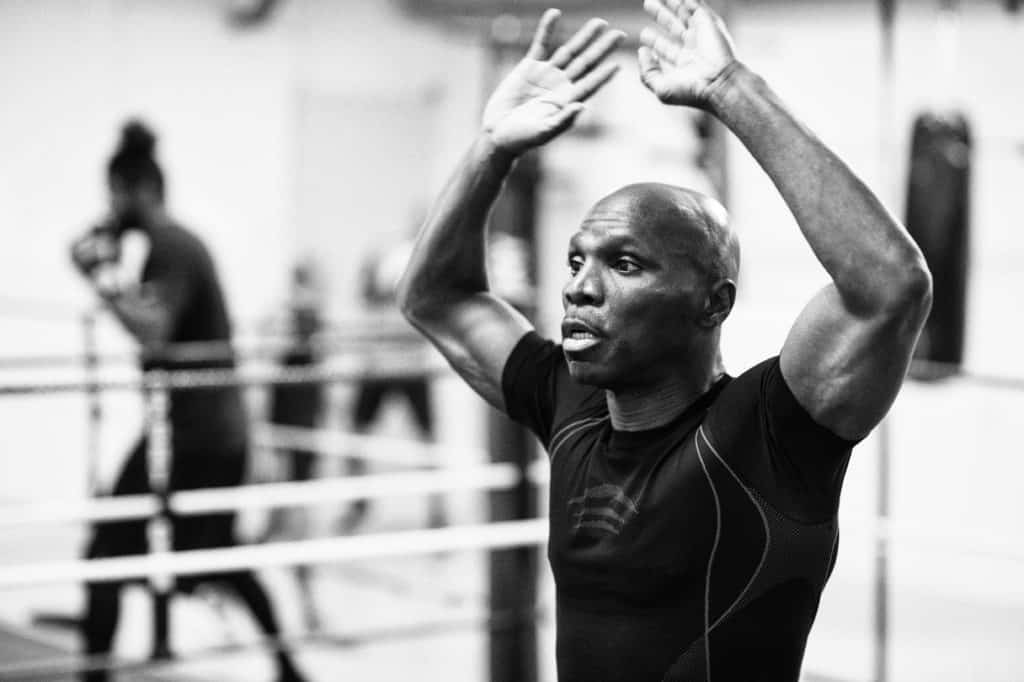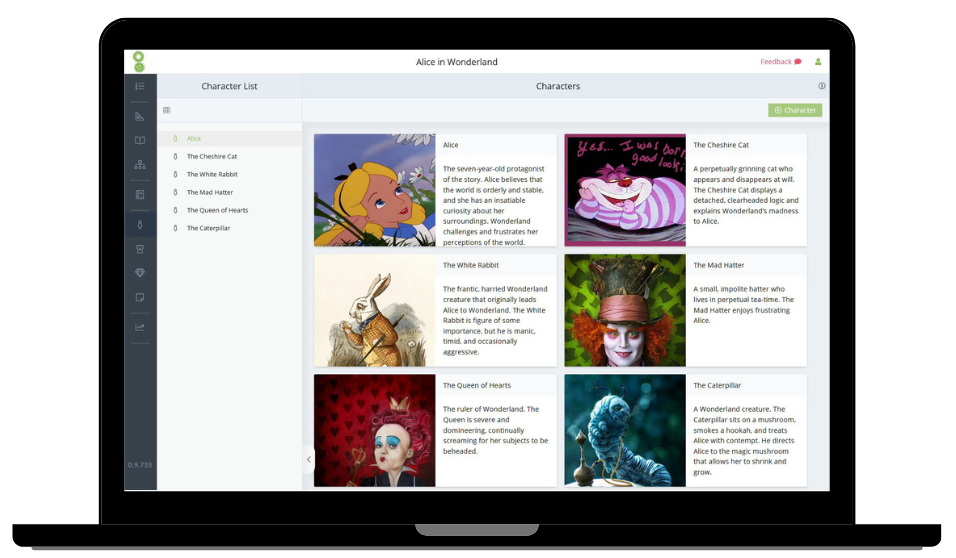
5 Signs Your Protagonist Just Isn’t Working
By Lewis Jorstad – Guest Post for The Novel Factory
A compelling protagonist is a key part of writing a good novel. However, it’s also a tricky one. Protagonists carry a lot of responsibilities, from driving your plot to resolving your story’s conflict, shaping your reader’s experience, and more. A poorly written protagonist not only disappoints your readers, but detracts from your novel too.
So, what should you do? How can you tell if your protagonist just isn’t working?
Luckily, there are five key traits to look for in a successful protagonist. So, in this article, let me walk you through these traits—as well as how to use them to power up your novel’s hero!
Why Your Protagonist Matters

Before we dive deeper into the signs and symptoms of a weak protagonist, I want to elaborate on just how important protagonists can be.
Though it might be tempting to brush your protagonist off as any other character, your novel’s hero will actually form a central pillar for your story. This is because your protagonist plays three major roles:
- Voice: They’ll be your novel’s focal point, meaning their experiences, thoughts, perspectives and flaws will define your novel’s voice.
- Conflict: They’ll fight against your story’s central conflict, triggering interesting obstacles and challenges that will drive your plot forward.
- Character: And they’ll grow and change over the course of your story, undergoing a transformational character arc that will lend meaning to your plot beyond just explosions and car chases.
As an example of a protagonist done right, consider someone like Katniss Everdeen.
Katniss is the central character of Suzanne Collins’s The Hunger Games, where she’s forced to fight to the death against her peers in order to protect her sister. If she survives, she’ll get to return home alive, but not without killing friends and allies along the way.
Luckily, Katniss is a solid protagonist, one perfectly suited to this story:
- Voice: We witness the story through Katniss, meaning her thoughts, fears, anger, and determination shape our understanding of the story. This gives the novel a melancholy, tense tone, and lends gravity to the frightening situation Katniss has found herself in.
- Conflict: Katniss’s primary goal is to survive the games and return home—but that won’t be easy. Her struggle to survive while not betraying her values drives the plot of the novel, culminating in an intense finale where Katniss is forced to choose between her friend’s life and her own. Without the conflict between her desire to survive and her desire to do what’s right, this finale would be much less meaningful.
- Character: Finally, Katniss faces a lot of change throughout her story, growing from suspicious and bitter to hopeful and determined. Though she stumbles along the way, her character arc lends an extra layer of meaning to her struggles. Not only does the plot of her story affect her physically, but mentally too.
Because of Katniss’s role as protagonist, this story takes on a deeper meaning than just “teenagers fighting to the death.” Her unique struggles, perspective, and growth color every aspect of the novel—just as they should!
5 Signs Your Protagonist Needs Work

With those three roles in mind, you should have a better idea of what makes for a good protagonist. Now, it’s time to turn our attention to the many flaws your hero might be suffering from.
There are a variety of issues that can detract from an otherwise great protagonist, with five standing out in particular…
-
Other Characters Steal the Spotlight
One of the most important signs of a successful protagonist is that they’re your focus. Their experiences and struggles should define both your plot and your novel’s voice—but sometimes the opposite is true.
Occasionally, other characters in your cast will steal the spotlight.
What does this look like? Well, rather than focusing on your hero, you’ll be too busy talking about other characters, focusing on their goals, and worrying about their struggles. This might be because that character is more interesting or important to your story, or simply because you like them more.
Either way, this is a good sign that you might not know who your protagonist really is.
To be a strong protagonist, your central character should be exactly that—central. They should be your story’s focus, even if you have other interesting characters come up from time to time.
-
Your Protagonist Lacks a Voice

Another important sign of a well-written protagonist is their voice.
When writing a first or even second draft, it’s easy for your character voices to blend into the background. You’re so focused on getting your story onto the page, that everyone in your novel ends up sounding like you.
However, by later drafts, this needs to change.
Your protagonist should have a distinct character voice, complete with their own personality, goals, behavior, and dialog. This ensures they leave a strong impression on your readers, rather than blending into the background.
To test this, pick a passage from your manuscript with multiple characters, including your hero. Delete all the character names and replace them with numbers. Then, read the passage aloud. From your descriptions and dialog alone, can you tell who is who? Does your protagonist feel distinct compared to the rest of your cast?
If not, it’s time to dig deeper into their personality and ensure that personality is reflected on the page. Perhaps even throw in a few fun quirks while you’re at it!
-
Your Plot Doesn’t Challenge Them
Next, a major problem with many novels is a lack of conflict. This leads to a weak plot—as well as an equally weak protagonist.
This is a problem I run into frequently in my work as an editor, often because writers don’t fully understand what “conflict” means. Luckily, conflict comes in many shapes and sizes! Your novel’s central conflict is simply the primary challenge, threat, or obstacle that defines your story. This could be a physical threat like carrying the One Ring to Mount Doom, but it could also be an emotional journey, such as Pai’s struggle to heal her tribe’s spirit in Whale Rider.
Whatever your novel’s central conflict is, this will form the backbone of your plot and will set up the main challenge your protagonist must face.
Ideally, your central conflict should not only obstruct your hero’s goals, but also threaten them with dire consequences if they fail. If Frodo can’t destroy the One Ring, his homeland will be destroyed, and he’ll be destroyed with it. Meanwhile, Pai will lose her beloved grandfather if she can’t save her people.
Ultimately, this conflict creates powerful stakes, ensuring every event in your novel means something to your protagonist. Without these stakes, your protagonist will have nothing worth fighting for, and thus no real reason to engage with your story.
-
They Never Grow and Change

Earlier, I mentioned something called character arcs, and this is a topic we need to revisit.
Character arcs are a critical part of writing an interesting protagonist. These are a framework, charting your character’s journey from one emotional state to another. As they face tests and trials throughout your story, they’ll learn important lessons, confront their deepest beliefs, and slowly change as a person—thus “arcing” from one place to another.
You can see this change at work in nearly every popular story:
- The Hobbit: Bilbo transforms from a lonely homebody to a worldly traveler with deep bonds to other characters.
- Legally Blonde: Elle stops relying on others to validate her self-worth and instead learns to stand up for herself and who she is.
- Red River: Thomas Dunson lets go of his need for control and power and instead embraces his adopted son as his equal.
- The Devil Wears Prada: Andy stops chasing her high-stress career and instead realizes her friendships are more important than fame.
Of course, the key word here is change.
To undergo a compelling arc, your protagonist needs to face failure. They should struggle, make mistakes, and eventually change their perspective before their journey is through. Whether that change is positive or negative doesn’t matter—what matters is that it happens.
This is because change makes a story meaningful. By watching your hero transform because of their adventures, readers will slowly understand just how much their journey means. By the end, they’ll be able to see just how different your protagonist’s life is thanks to your plot, lending an extra layer of impact to your story.
-
They Don’t Excite You
Finally, one of the most important signs of a good protagonist is that they excite you, the author.
Like it or not, a perfectly crafted protagonist means nothing if you hate writing them. You’ll be spending a lot of time with your novel’s hero, meaning you should be interested in their story, engaged with their struggles, and sympathetic to their flaws.
If you’re looking at your protagonist with dread, it’s probably time for some serious reflection.
How to Fix a Weak Protagonist
Writing a compelling hero isn’t easy, but it also isn’t impossible. Here are a few tips to help you power up your protagonist, no matter what issues they’re suffering from:
- Get clear on what a “protagonist” actually is. This is your novel’s central character, as well as your readers’ window into your story.
- Consider their identity, backstory, and personality. How do these affect their behavior and voice?
- What harmful beliefs does your protagonist hold about themselves and their world? How can you leverage these beliefs to get them into trouble (and hopefully teach them a lesson)?
- Take the time to nail down your protagonist’s character arc. This will form the foundation of their journey.
- Don’t be afraid to focus on the characters you find most interesting, even if it changes your original plans!
I hope these five signs (and accompanying tips) help you feel more confident as you set out to write your protagonist. They have a ton of potential—and so do you! Before long, you’ll have an amazing hero practically begging to be written.
For more on writing a protagonist, check out these resources:
- Grab The Novel Factory’s in-depth character questionnaire to find your hero’s voice.
- Learn more about the key crossroads every protagonist must face.
- Use character archetypes to inspire you as you write your protagonist.
- Explore all the ways you can motivate an unlikely hero.
Guest Bio
Lewis Jorstad is an author and developmental editor who helps up-and-coming writers hone their writing craft over at The Novel Smithy. When he isn’t working on the next book in his Writer’s Craft series, you can find him playing old Gameboy games and sailing somewhere around the eastern half of the US. You can also check out his free ebook, The Character Creation Workbook, and grab a copy for yourself!
Unlock your writing potential
If you liked this article, then why not try the Novel Factory app for writers?
It includes:
- Plot Templates
- Character Questionnaires
- Writing Guides
- Drag & Drop Plotting Tools
- World Building resources
- Much, much more

